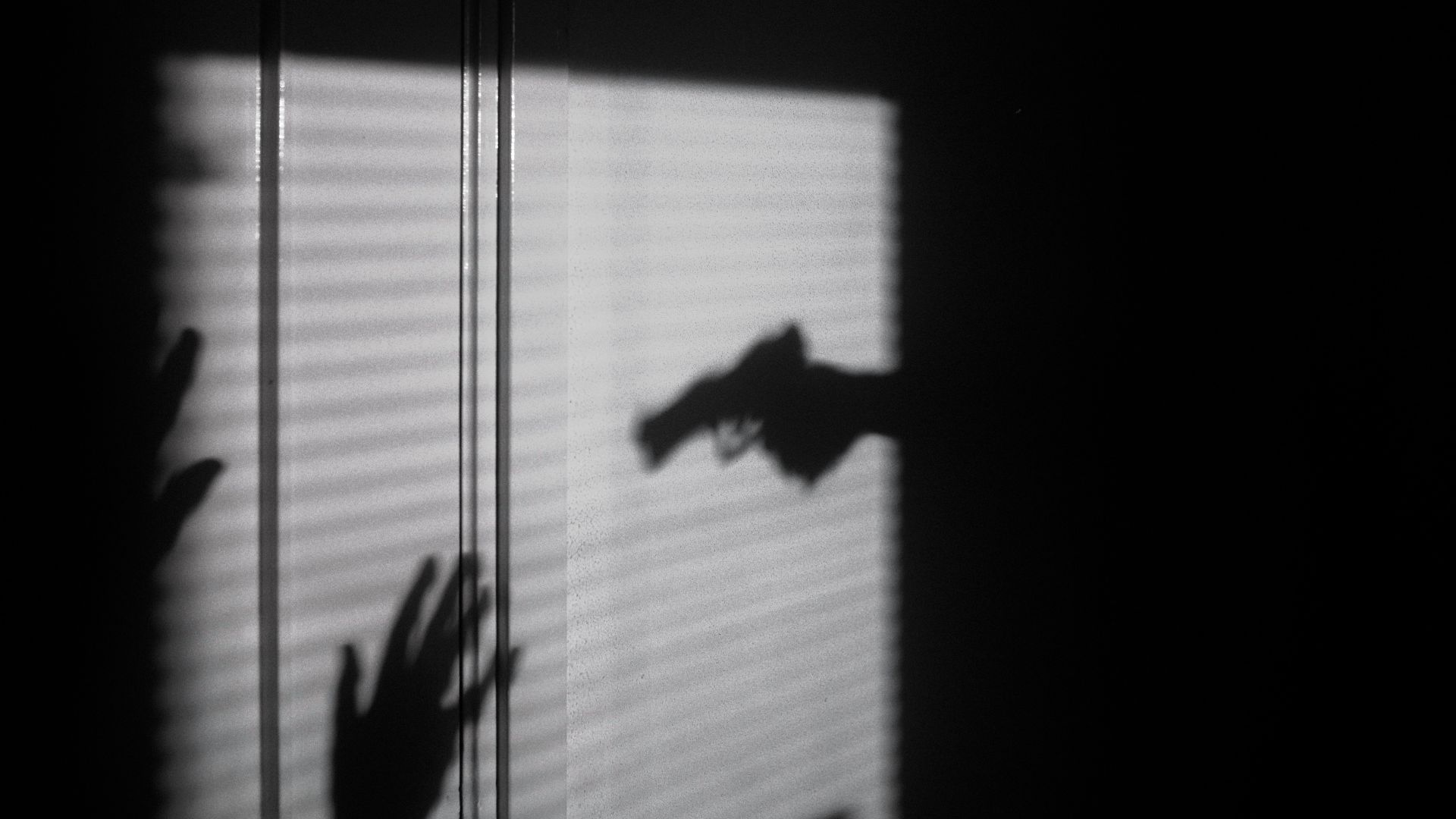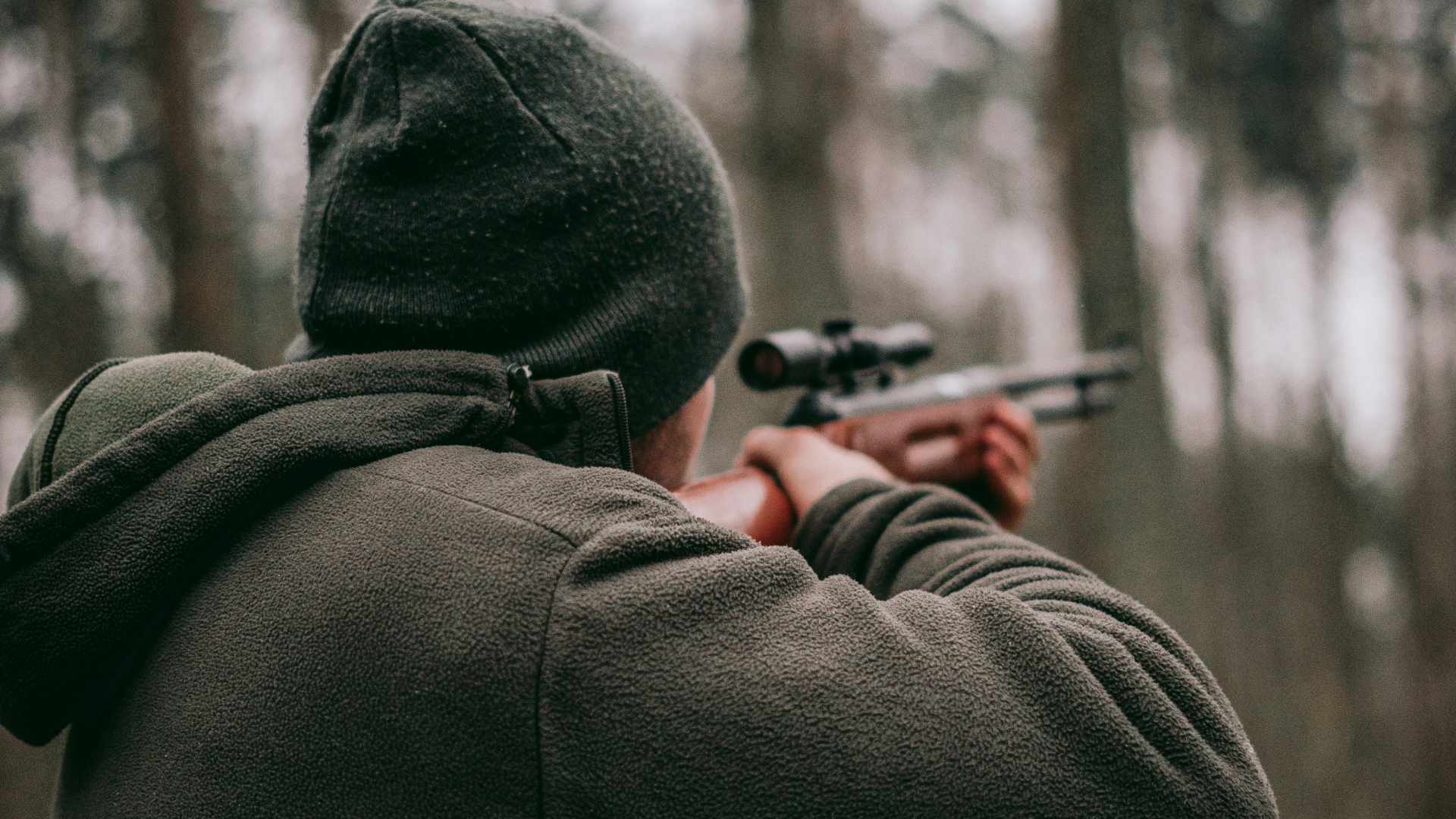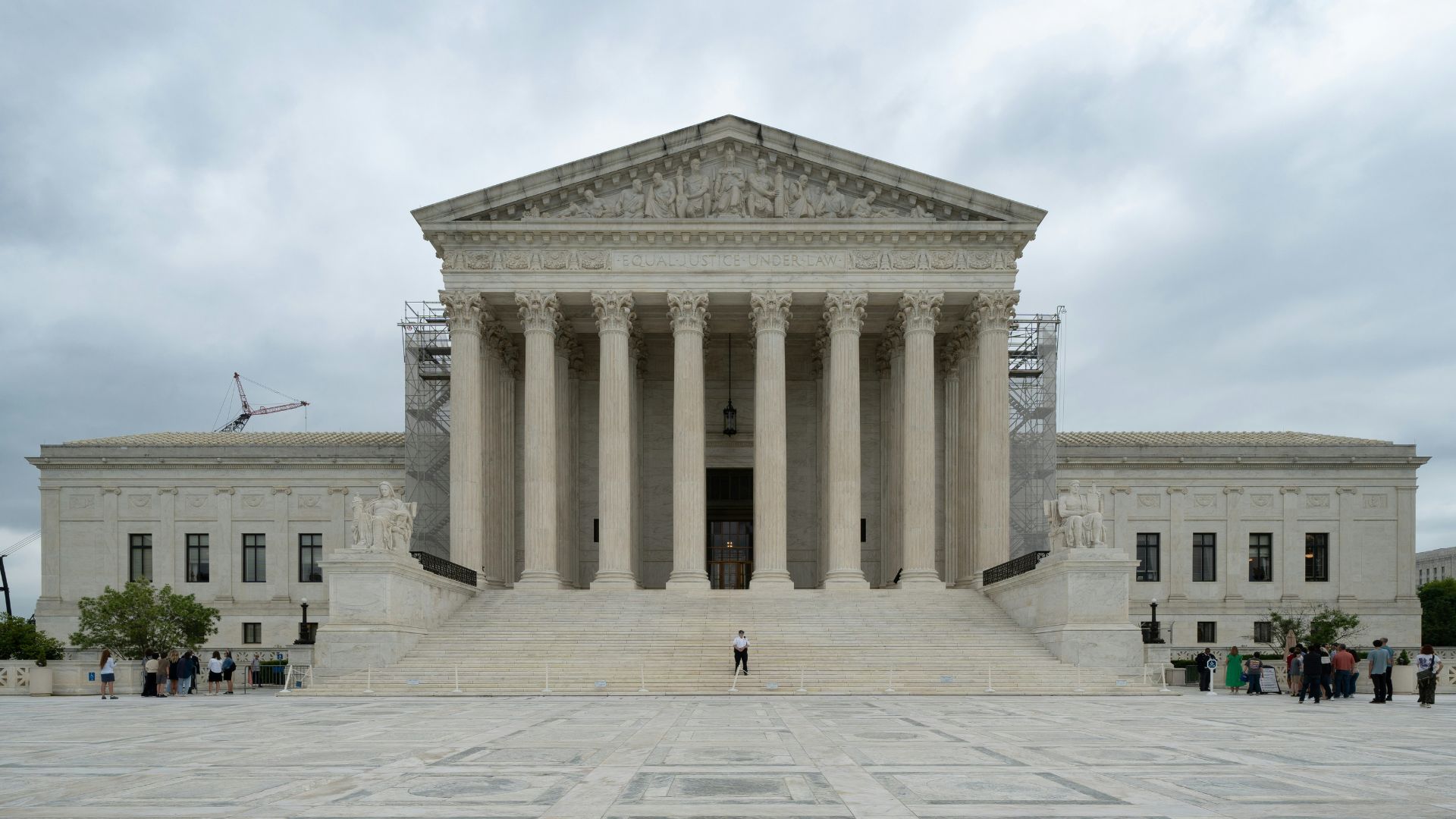Last year, Oregon governor Tina Kotek signed a ban against “ghost guns,” the term for untraceable guns created from kits online or through 3D printing technology, into law.
Now gun rights groups are suing the state’s attorney general and police superintendent to attempt to overthrow the ban, saying that it violates Oregonians’ Second Amendment right to bear arms.
House Bill 2005

Previously, the Oregon legislature passed a bill known as House Bill 2005, which took aim at “undetectable firearms.”
According to the bill, those found “manufacturing, importing, offering for sale or trans- ferring undetectable firearm” would be subject to punishment, including a “maximum of 10 years’ imprisonment, $250,000 fine, or both.”
What are Ghost Guns?

Ghost guns is a catch-all term for various firearms that are made without traceable serial numbers.
Last June, after the bill passed, Attorney General Ellen Rosenblum said that these guns are the “weapons of choice for gun traffickers” and people who are legally unable to obtain a gun rely on them.
Gutted Bill

This bill originally contained many more gun control measures but was gutted to only ban the possession, manufacturing, or sale of guns without a valid serial number.
Democrats removed measures from the bill in an attempt to get Republican representatives from stopping their obstruction of the legislative session, who had been in the process of a six-week walkout.
Pushing for More

Gun control advocates were disappointed that the bill did not go further and blamed Republicans for getting the bill watered down when the majority of Oregon voters support stricter gun measures.
“Nearly 7 in 10 Oregon voters support increasing the age to purchase semi-automatic weapons from 18 to 21. That includes support from 63% of gun-owning households. Additionally, research shows that individuals ages 18 to 20 years old commit gun homicides at a rate nearly three times greater than adults 21 and over,” said Oregon Alliance for Gun Safety executive director Jess Marks at the time.
Signing the Bill

In August last year, Governor Kotek signed the bill, fulfilling an earlier promise she made back in 2022 to push for a ban on ghost guns.
“As Governor, I won’t stop there. I’ll work to ban ghost guns, prevent teenagers from purchasing assault weapons, and require completed background checks anytime someone buys a gun,” wrote Kotek in a 2022 X post.
Filing Suit

Now, the Oregon Firearms Federation and the Firearms Policy Coalition (FPC) have filed suit in a Portland Court to try to get the ban on ghost guns taken down.
Their complaint alleges that the ban unlawfully prohibits people from exercising their Second Amendment rights and that the enforcement of the ban will increase the “danger of sustaining direct injury.”
FPC Statement

On X, the Firearms Policy Coalition announced the suit filing, contending that people building their own custom firearms is an American tradition.
“Yesterday, the FPC Grassroots Army filed a lawsuit against Oregon for its total ban on self-manufactured arms. Building custom arms is a time-honored American tradition, and we will never give up this ground to the Disarmament Regime,” wrote the FPC.
Right to Bear Arms

The lawsuit complaint argues that this American tradition has clearly established the freedom for people to bear arms for lawful purposes.
“Throughout American history, people have been free to personally manufacture, construct, and/or assemble arms for lawful purposes, including self-defense in the home,” the complaint says.
Defying Tradition

The lawsuit accuses the Oregon ban of defying this tradition, which amounts to a violation of basic rights granted by the US Constitution.
“In defiance of this historical tradition, Oregon’s Bans completely and categorically prohibit individuals not prohibited from exercising their Second Amendment protected rights from possessing, acquiring, and self-manufacturing firearms that are of types, functions, and designs, and are themselves, commonly owned and possessed firearms—self-made firearms that do not bear a manufacturer’s serial number, as well as the component parts used to build such arms—by law-abiding citizens for lawful purposes,” the complaint said.
Rosenblum Responds

On Monday, Rosenblum responded publicly to the lawsuit’s challenge, saying that the Oregon government will strongly defend the law against such legal attacks.
“We absolutely believe the legislature had the power to enact these common-sense laws that support law enforcement investigative efforts and protect law-abiding Oregonians,” said Rosenblum.
Legality of Bans

The legality of banning ghost guns is currently under consideration by the US Supreme Court. In April, the Supreme Court agreed to hear a case that is slated for the 2024-2025 judicial term which would decide if the Biden administration would be allowed to keep related regulations in effect.
Recently in Nevada, the state Supreme Court upheld a ban on ghost guns, reversing a previous ruling by a lower court.
